A new analysis by civic tech organisation BudgIT has revealed that Nigerian states are committing far below adequate levels to education, spending an average of just ₦6,981 per person in 2024 despite rising enrolment needs and worsening learning outcomes nationwide.
The findings, contained in the 10th edition of BudgIT’s State of States Report, show that although states collectively budgeted ₦2.41 trillion for education in 2024, they eventually spent only ₦1.61 trillion, representing a 66.92% implementation rate.
No state meets recommended spending levels
BudgIT noted that not a single state spent up to ₦20,000 per capita on education—a benchmark still considered modest by global standards.
Only eight states surpassed ₦10,000 per capita spending, underscoring what the organisation described as a “chronic underfunding” of the sector.
Budget performance still uneven
While nine states—Edo, Delta, Katsina, Rivers, Yobe, Ekiti, Bayelsa, Bauchi, and Osun—achieved more than 80% of their education budget implementation, the report shows sharp disparities:
Edo, Delta, and Katsina exceeded 100% implementation, yet their actual spending remains limited relative to population size.
Several states with high enrolment numbers recorded poor budget execution, worsening infrastructure and classroom shortages.
Millions of children left behind
The strain on the system is compounded by the country’s alarming out-of-school figures. According to UNICEF’s 2024 Situation Analysis of Children and Adolescents in Nigeria:
10.2 million primary-school-age children are out of school
8.1 million secondary-school-age children are out of school
BudgIT warned that Nigeria cannot close its learning gaps unless states significantly scale up and fully implement education budgets.
A call for stronger investment
The report emphasised that effective education financing remains central to improving literacy, teacher quality, curriculum delivery, and safe learning environments—areas where many states continue to fall short.
BudgIT urged state governments to prioritise predictable funding, reduce leakages, and strengthen monitoring to ensure that budgeted education funds translate to real improvements in classrooms.






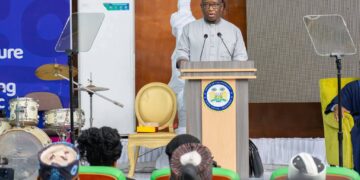
























































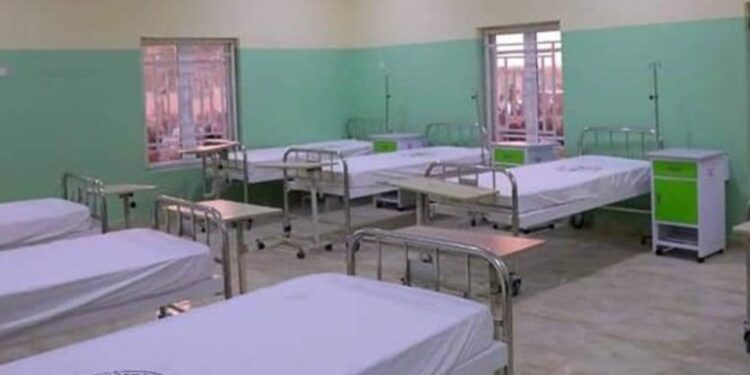





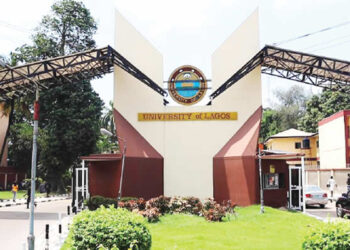
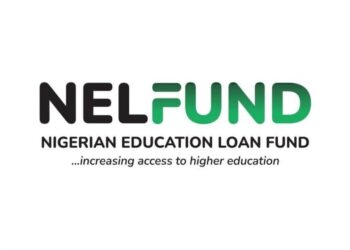

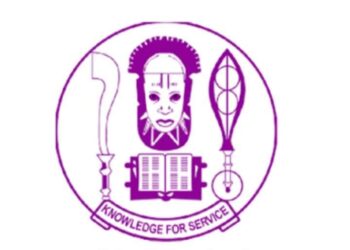
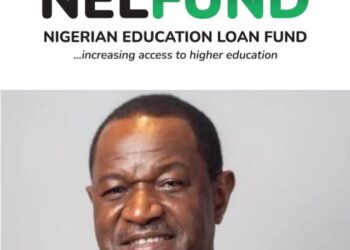










 EduTimes Africa, a product of Education Times Africa, is a magazine publication that aims to lend its support to close the yawning gap in Africa's educational development.
EduTimes Africa, a product of Education Times Africa, is a magazine publication that aims to lend its support to close the yawning gap in Africa's educational development.
